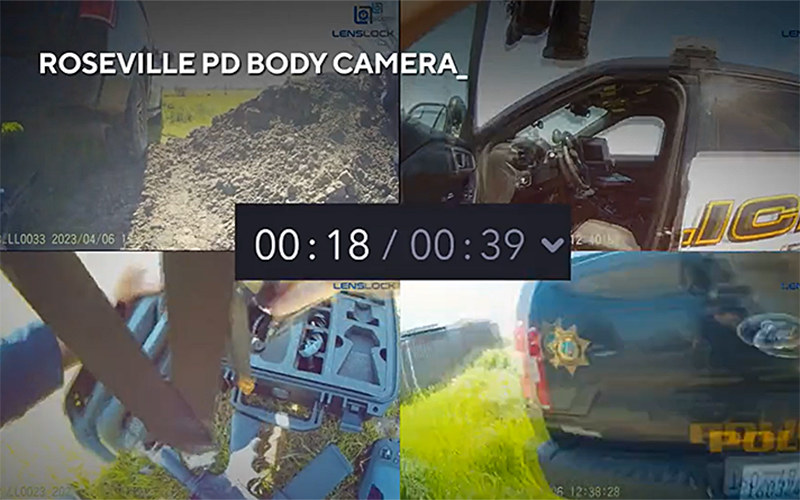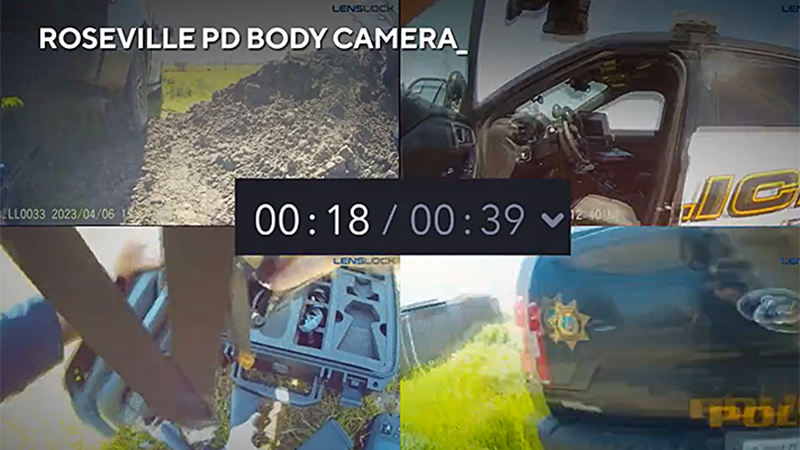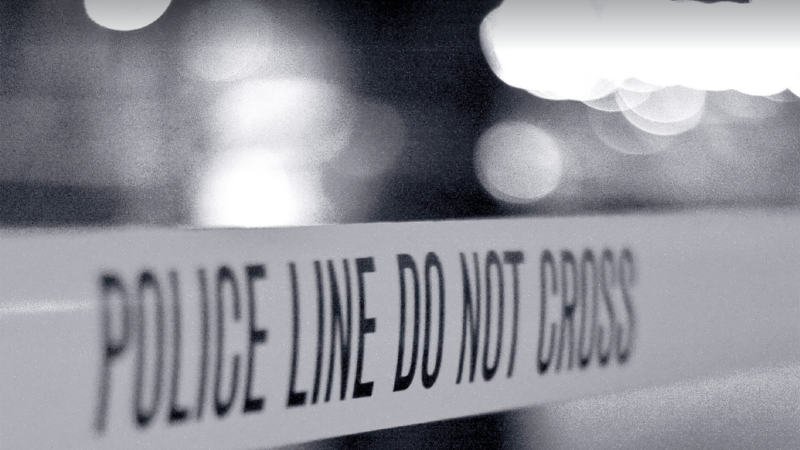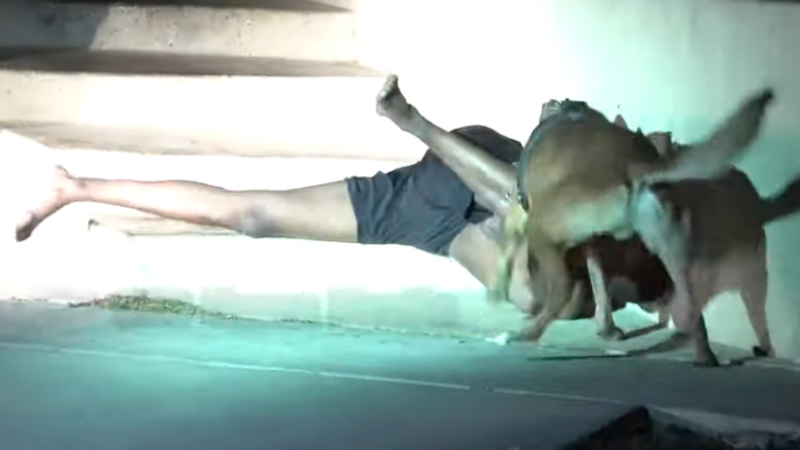
On April 6, 2023, the California Highway Patrol (“CHP”) attempted to serve a warrant on a suspect at a park in the City of Roseville. After shots were fired, Roseville police officers arrived and saw the suspect carrying a gun and fleeing from CHP. The suspect took two hostages. CHP and Roseville officers exchanged fire with the suspect. Within an hour after the Roseville officers arrived, the suspect was arrested. He had sustained gunshot wounds, as did a CHP officer. Both of the hostages were shot, and one was killed. The suspect is facing criminal charges.
As discussed in FAC’s Police Transparency Handbook, A.B. 748 was adopted to lift the veil of secrecy over police shootings and other uses of force. It requires public agencies to disclose audio or video recordings depicting “critical incidents” in which officers shoot at people or use force resulting in death or great bodily injury, except that agencies may withhold such recordings when disclosure would interfere with an active investigation, such as by endangering a witness or confidential source.
Based on A.B. 748, CBS News Sacramento (“CBS”) requested all relevant recordings from CHP and Roseville. While CHP disclosed seven hours of footage, Roseville produced only four 39-second snippets of body camera video recordings and two audio tracks totaling less than 3.5 minutes.
CBS filed suit under the California Public Records Act, seeking to compel Roseville to disclose all footage from the moment its officers were dispatched to the time the scene was secured. The trial court agreed that Roseville’s disclosure provided insufficient context, but it held the city was allowed to withhold the recordings due to alleged interference with an active investigation, although the city produced no evidence that the case remained under investigation or how disclosure would substantially interfere with any such investigation. CBS took the case to the Court of Appeal.
In support of CBS, FAC filed an amicus brief arguing that (1) the legislative history of A.B. 748 emphasizes transparency and supports disclosure of all footage from the time officers arrived to the time they secured the scene; and (2) the city did not carry its burden under A.B. 748 to prove that disclosure would substantially interfere with an active investigation by endangering a witness or confidential source or causing similar harm. If agencies could comply with the statute by disclosing only snippets of critical incident recordings or justify withholding the recordings by merely asserting an investigation is active, A.B. 748’s mandate of transparency would be eviscerated.
The brief below is joined by Californians Aware, Electronic Frontier Foundation, Los Angeles Times Communications LLC, The McClatchy Company, LLC, and Reporters Committee for Freedom of the Press.
BLOG: Behind the Headlines: How CBS Reporter Julie Watts is Pushing for Police Transparency (6/27/2024)
LEGAL DOCUMENTS:
- Third District Court of Appeal Modified Opinion (6/26/25)
- CBS Petition for Rehearing (6/20/2025)
- Third District Court of Appeal Opinion (6/6/2025)
- City of Roseville’s Response to FAC Amicus Brief (2/6/2025)
- Amicus Brief of League of California Cities and California Association of Counties (1/10/2025)
- Amicus Brief of First Amendment Coalition, Californians Aware, Electronic Frontier Foundation, Los Angeles Times Communications, McClatchy Company, and Reporters Committee for Freedom of the Press (1/10/2025)
- CBS News Sacramento’s Reply in Support of Petition for Writ of Mandate (1/27/2025)
- City of Roseville’s Reply Opposing Petition to Court of Appeal (12/27/2024)
- CBS News Sacramento’s Petition to Court of Appeal (10/25/2024)



